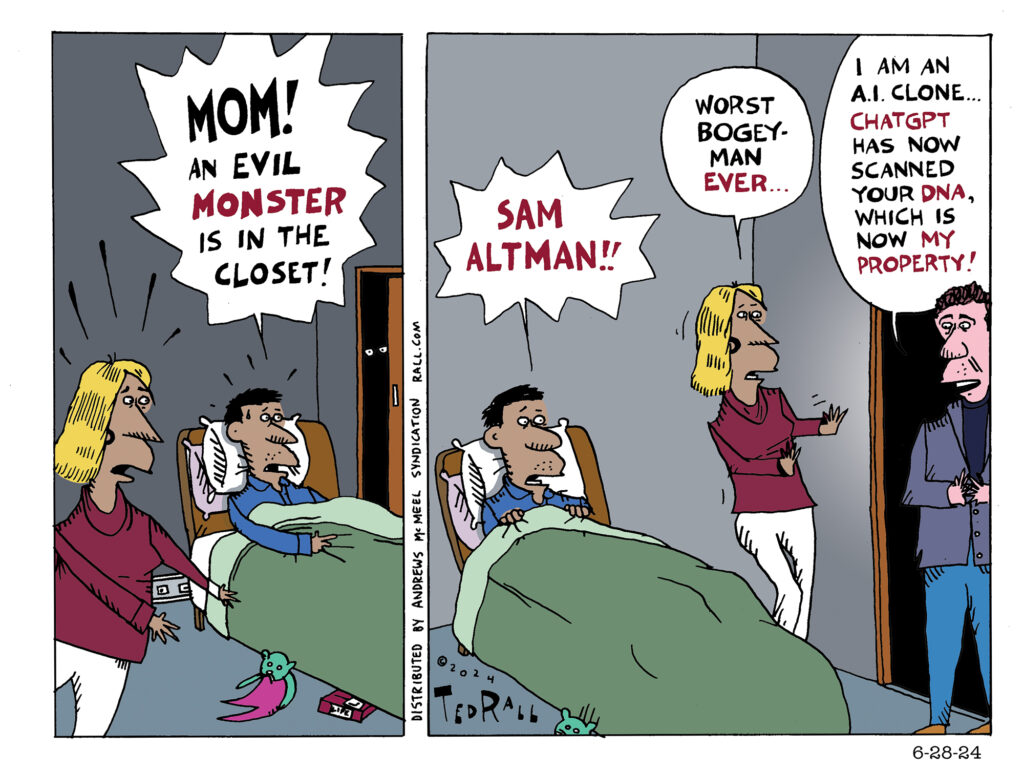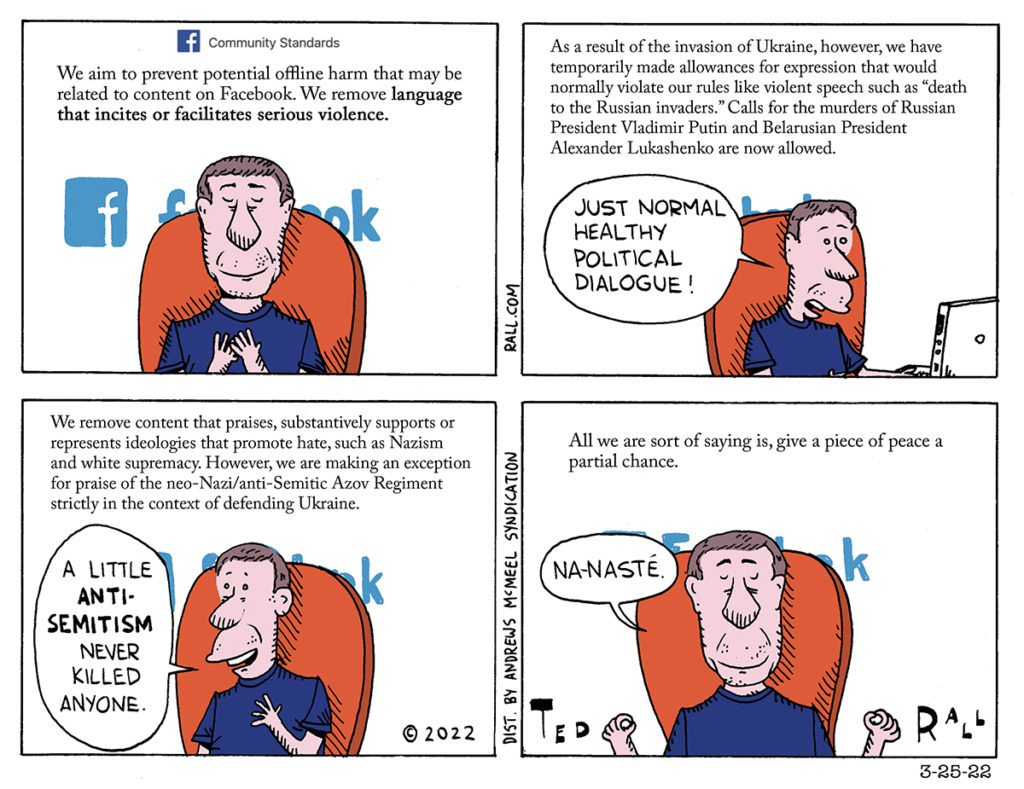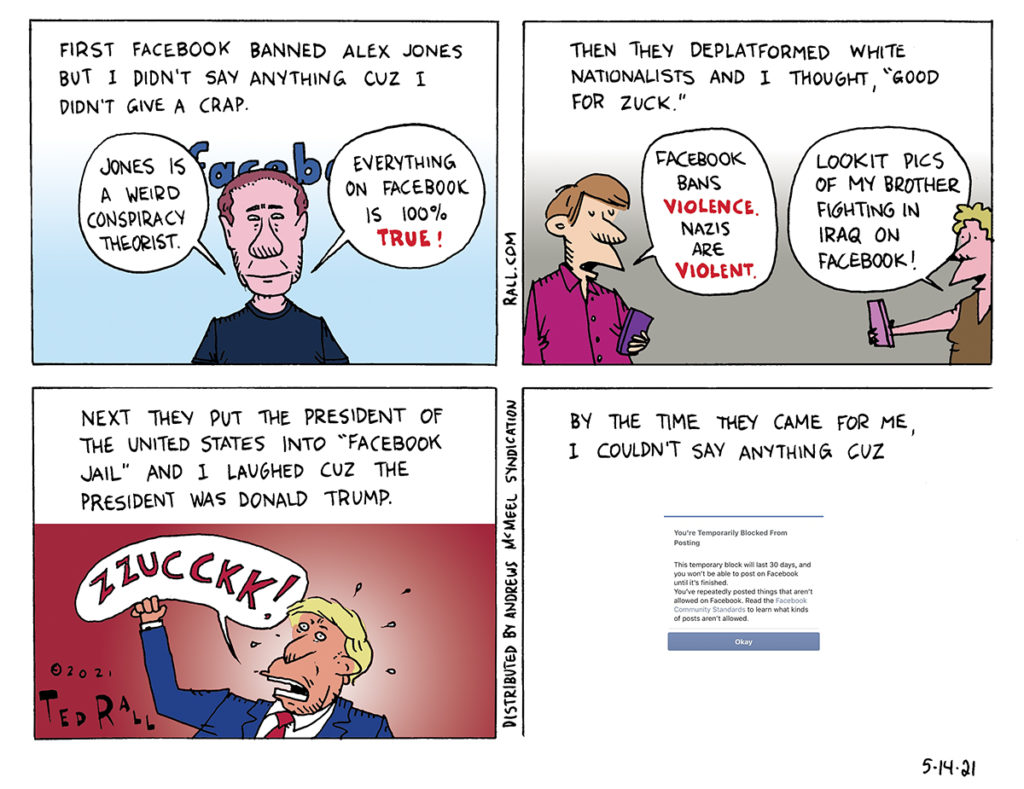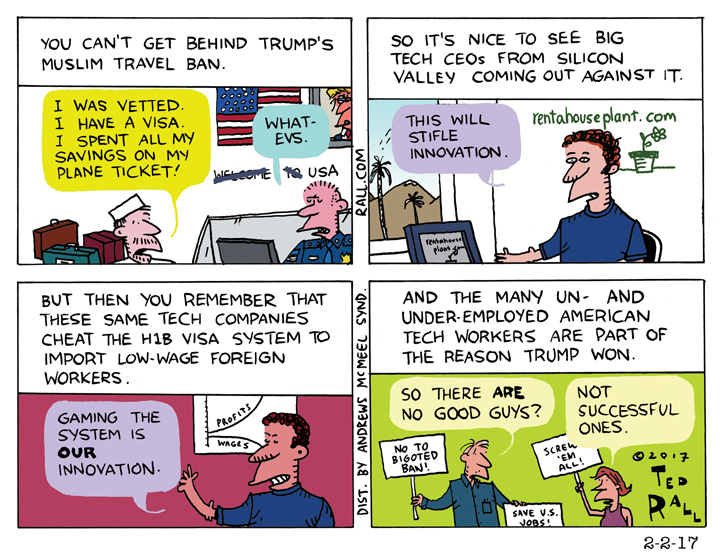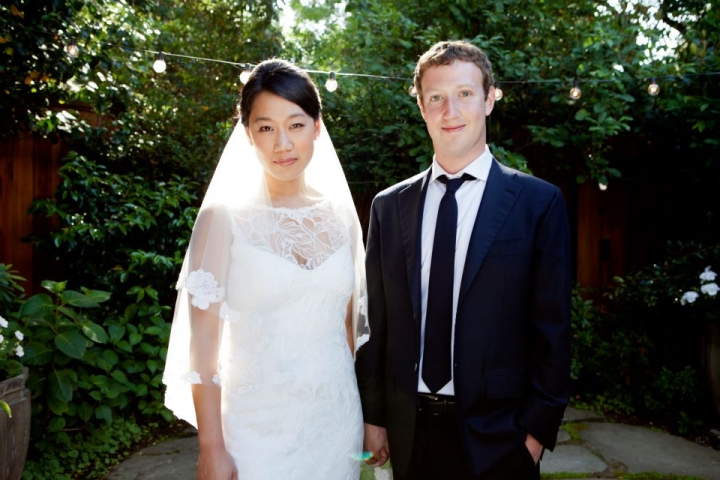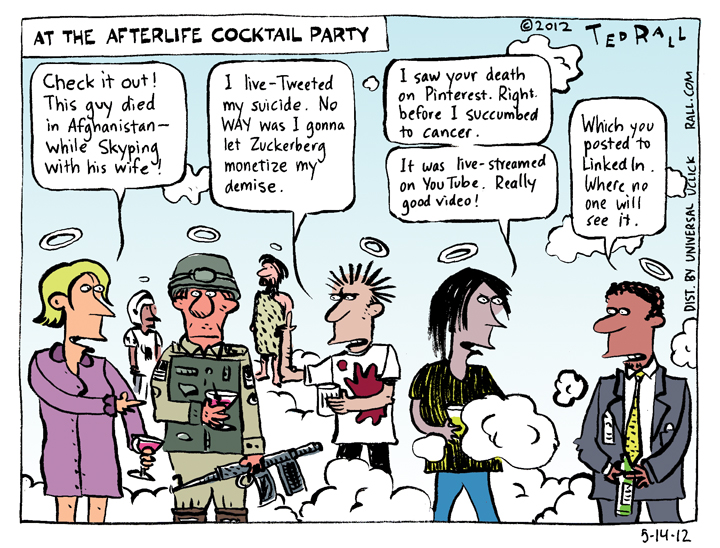LIVE at 10 am Eastern time today and STREAMING whenever:
Never embarrassed to be seen blowing with the political winds, Facebook CEO Mark Zuckerberg spent the last four years leading Silicon Valley’s censorship-industrial complex. Facebook openly admitted throttling all political content on the grounds that users didn’t like it. It hired an advisory panel with clear ideological blind spots. Most notoriously, Facebook turned to outsourced fact checkers who decide whether or not posts get blocked and users get banned even though they rarely had any expertise in the controversies they were asked to weigh in on, and made frequent mistakes. Now, at least, Zuckerberg says the fact checkers are no more.
Co-hosts Ted Rall and Manila Chan are joined by guest Peter Coffin to ask: is Facebook really entering the Free Speech Zone? If so, how long will it last in the second age of Trump?

